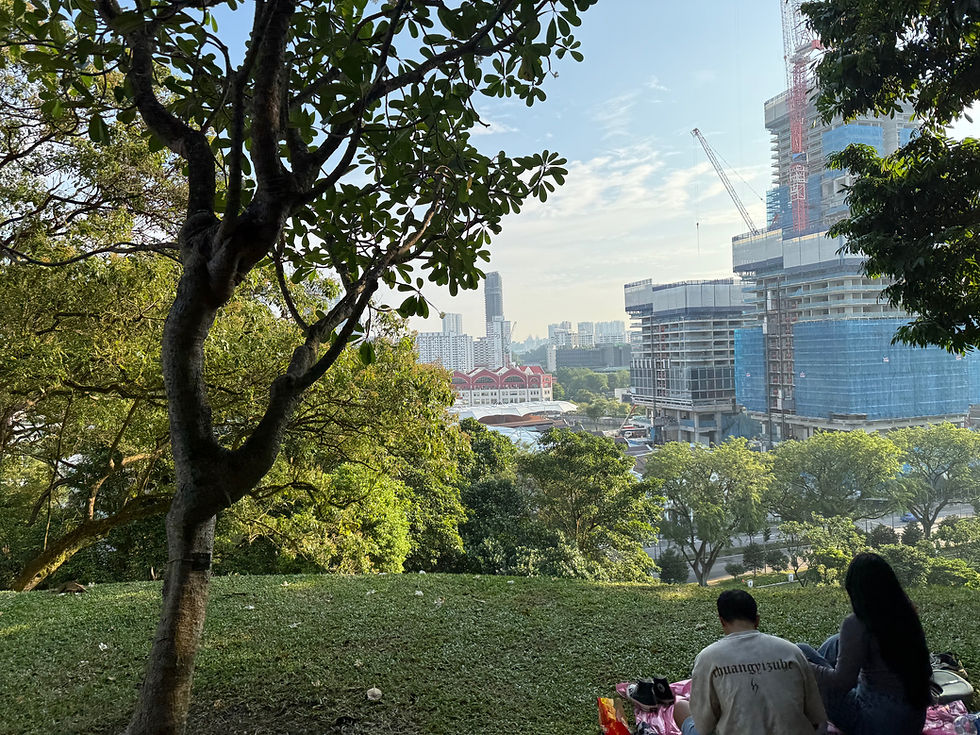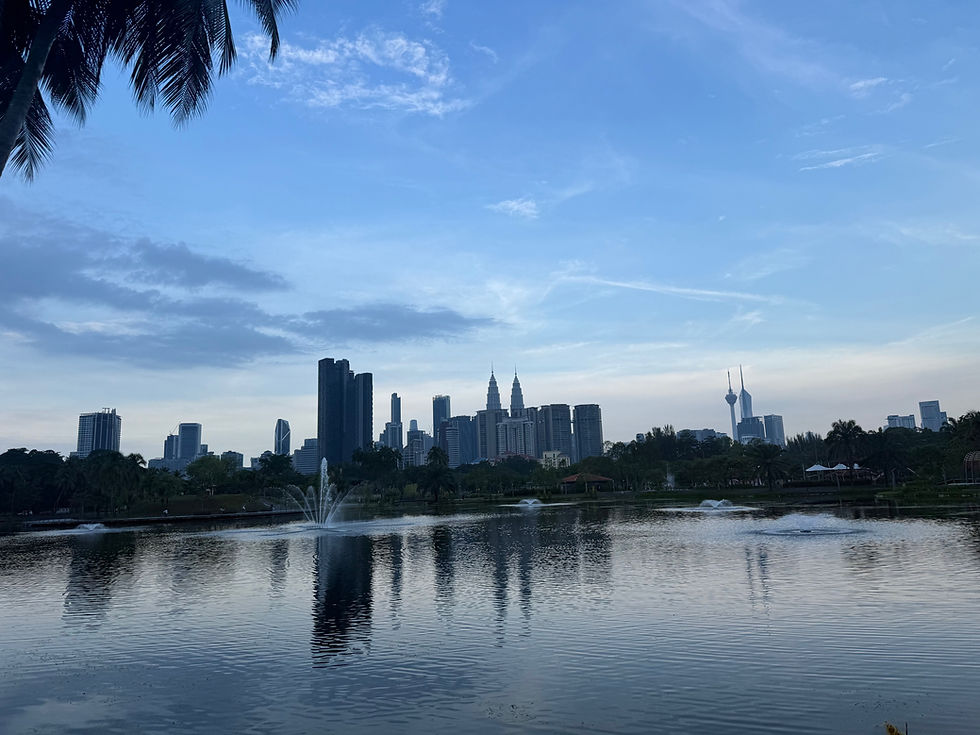WHO'S THAT POKEMON?? JULY 17TH
- Nikola Ranick
- Jul 17, 2020
- 2 min read
Introducing:
WHO’S THAT POKEMON: Spotlight a (Little Known) World Leader (in 300ish words) Every Week

June 17th: It’s...Nayib Bukele, The President of El Salvador!!!
Leading one of the Northern Triangle Countries (Honduras, Guatemala, El Salvador- Central American countries whose chronically high crime and low standard of living have led to massive emigration north to Mexico and the United States) is a lot, but Bukele is certainly trying to make his mark lasting.
Whereas political power has typically shifted between the political parties of FMLN and ARENA (who were on the opposite sides of the country’s decade+ Civil War that ended in ‘92), Bukele ran outside this typical duopoly in a victory due to both robust charisma and the burgeoning youth that make up present-day El Salvador. He served as the former mayor of the Capital, San Salvador, and is of Palestinian ancestry (in case the name was confusing you).
Despite campaigning on outrage over corruption and an inadequate status quo, presidential and congressional elections run staggered, so he currently lacks a majority (but is hoping to change that when elections roll around next year).
Despite his youth and modern mantra, some of his behavior has been eerily familiar to past Latin American autocrats. In protest to Congress’ reluctance to pass new crime regulations, he encouraged the army to occupy the legislative chambers, and has frequently rejected the Supreme Court’s orders to lift one of the region’s strictest lock-downs. This has naturally cued domestic and international concerns in a country where democracy is still fragile and anything but liberal (in the international sense) Yet despite this controversy, Bukele’s support is still notable, akin to other Latin American strongmen president, AMLO.
Where will Bukele take El Salvador? A modern day economic and social renaissance, a step back into heavy handed autocracy, or just a maintaining of the underwhelming status quo? I would gander the last option seems likely now, but it is anyone’s guess at this point. I personally would like to see more time be spent gauging what the average Salvadoran thinks, the role of remittances/the massive diaspora, and of course, long running costs of shutdowns on education and economic mobility.




Comments